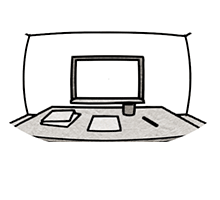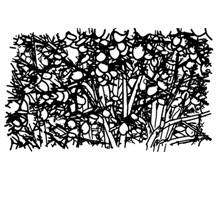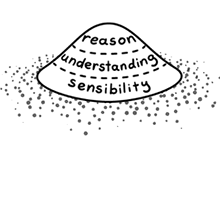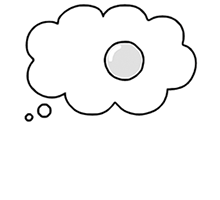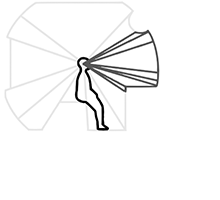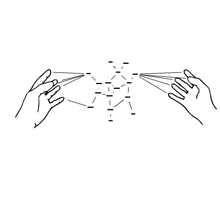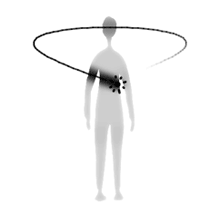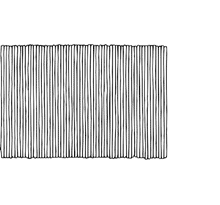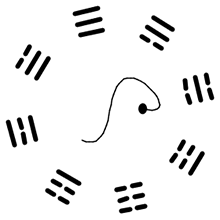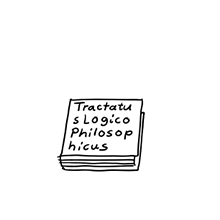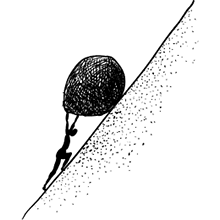You are awake. You think and you feel. But what is it that is doing all this thinking and feeling?
…Category: Philosophy
2400 years ago Aristotle found out how to be happy.
His Nicomachean Ethics is an operating manual for a good life:
…If you are interested in truth, be it in the form of scientific knowledge or artistic beauty, there is no way around Immanuel Kant's 'Critique of Pure Reason'. In this book Kant asked the simple question: "What can we know?"
…How do we know which food is best for us? We might start a low-carb diet. Then we switch to whole grains, or even go fully vegan—only to return to a low-carb diet yet again. We constantly change our minds.
…Are we cut off from the outer world, trapped alone in our personal experience?
…Whenever I tell someone that I have studied Philosophy, the first question is always the same: „Why would you do that?“
…Some people claim that there is no truth. According to these sceptics everybody is stuck in their own personal perspective. Nobody can ever know anything for sure.
…Confucius 孔夫子, one of the great Chinese thinkers, was known to always carefully straighten his mat before he sat down.
Why?
…Navigate life with this ancient Chinese book.
The Yijing 易經 or “Book of Change” is one of China’s oldest books and a corner stone of Chinese philosophy. It tells us how to understand change, how to find out what kind of change we are in right now, and how to deal with it.
…How can we tell what is real and what isn’t? Ludwig Wittgenstein said that it was all about language. If we want to understand what we can know, then we must look at how language works.
So he wrote two very different books on how we use language to think.
…In 1942 Albert Camus wrote a book called “The Myth of Sisyphus”. It is about the one truly important philosophical problem: Given the circumstances of our existence, shouldn’t we just kill ourselves? This is his answer:

